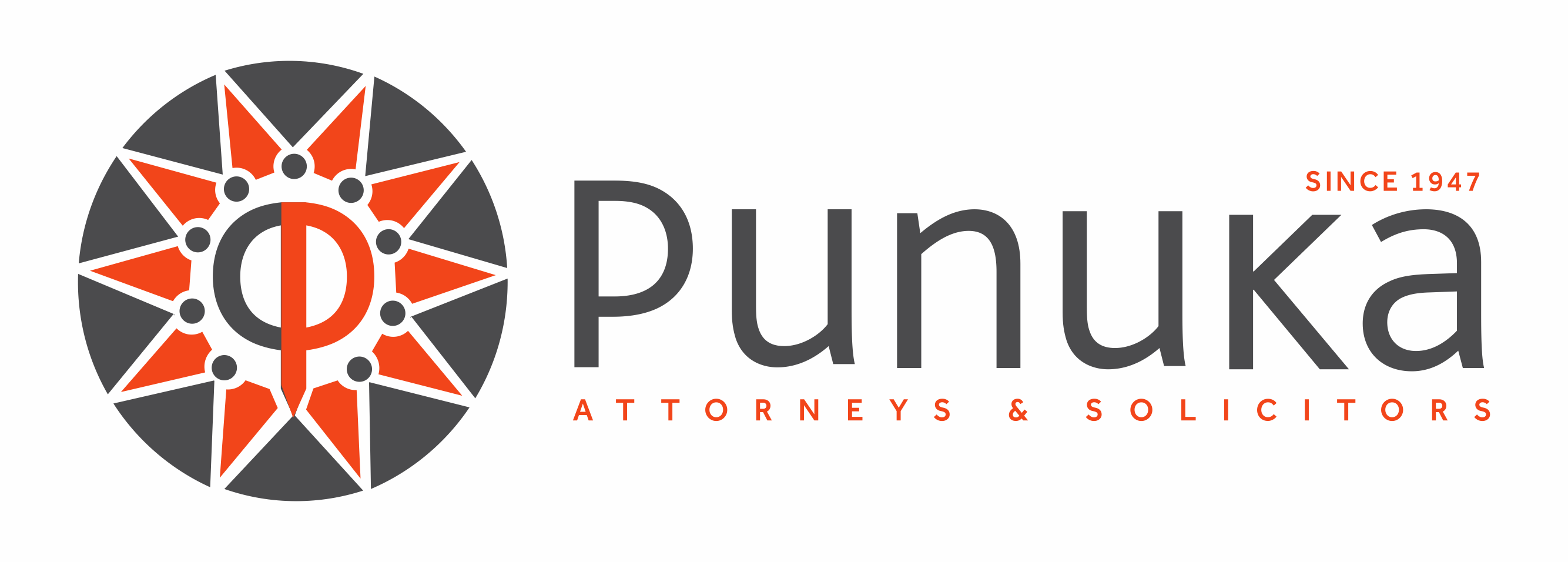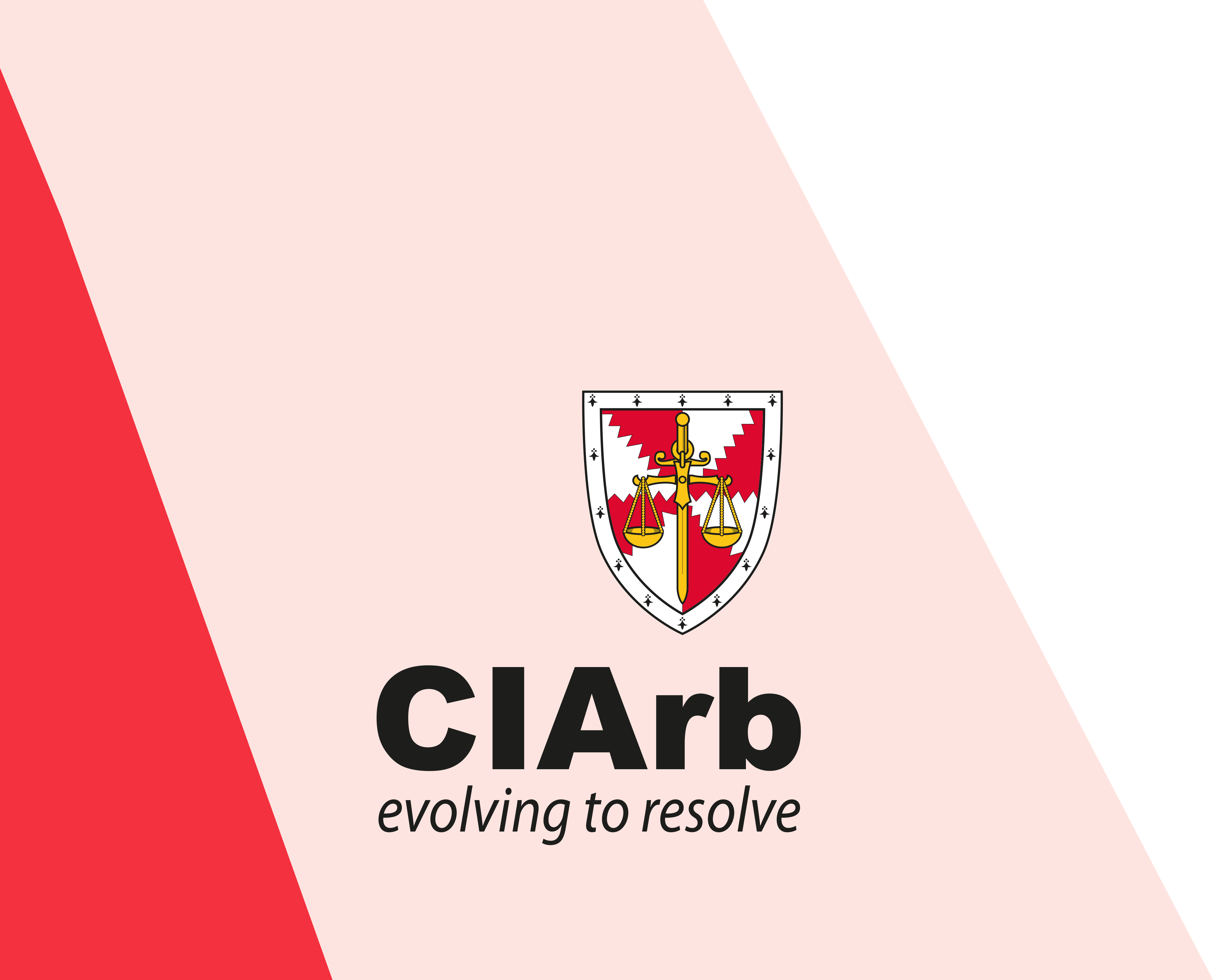SAFE Finance in Nigeria
Written by:
Tobenna Nnamani
Partner, PUNUKA Attorneys & Solicitors
Lagos, Nigeria
t.nnamani@punuka.com
www.punuka.com
Introduction
According to the African Venture Capital Activity Report 2022, seed stage deals continually comprise the largest proportion of venture capital volume in Africa. When categorized from sector specific level, financials were the titan of the ecosystem as the most active sector by both volume (32%) and value (44%), followed by Consumer Discretionary which drew 17% of deal volume. Overtaking Information Technology, the Industrials sector emerged as the third most active sector accounting for 16% of the total number of VC deals that took place in the period.
While most start-up companies look forward to structuring a Venture Capital (VC) deal, some understand that the company is not yet ripe for a VC deal. They also don’t have any assets for debt finance, and they have exhausted “family, friends and personal finance” to build the start-up. So, they still need “one more” finance instrument to prepare them for the VC deal. It’s always “one more” finance instrument.
Sometime in 2013, Y combinator introduced the “SAFE” (Simple Agreement for future Equity) and it has been used by some startups as the main instrument for early-stage fundraising. This article would highlight the concept of the SAFE and address some of the key provisions in a SAFE.
The concept of SAFE:
A “SAFE” (Simple Agreement for Future Equity) is an agreement between an investor and a company in which the company promises to issue the investor equity stake in the company if and only if certain trigger events occur. For clarity, a SAFE is not a debt finance instrument and it is also not an equity finance instrument. It may at best be regarded as a potential equity finance instrument because if the trigger events do not occur, the investor never receives equity in the company.
Thus, two factors an investor must keep in mind before proceeding to execute a SAFE may be summarized as follows:
Investment sum and valuation cap: Knowing fully well that the investment may never convert to equity, the investor must appreciate its risk appetite. In other words, how much is it willing to let go off with the understanding that it may never return? Secondly what is the valuation cap? The valuation cap protects the percentage of the investor’s investment if the trigger events occur.
Trigger Events: Since the investment doesn’t convert to equity until the trigger events occur, then it is critical for the parties to agree on the trigger events. The trigger events cover issues ranging from-what happens if the company is sold? what happens if the startup goes into liquidation? what happens if the company decides to go public? etc.
On the other hand, two factors a company should keep in mind before proceeding with a SAFE is as follows:
Dilution– Since the company is not issuing equity immediately to the investors, it must always track what is remaining after every investment. For instance, let’s assume a company with two founders and 1, 000, 000 share capital has raised finance from two investors. The first investor invested N200, 000 at a N4, 000, 000 post-money valuation cap. Then the second investor invests N800, 000 at N8, 000, 000 post money valuation cap. The formular adopted by some companies to determine equity upon a trigger for the first investor is to divide the money they’ve put in divided by the post-money valuation which would give the first investor about 5% of the company while the second investor would have 10% of the company. Thus, the investors would have sold 15% of the company. It is therefore pertinent for the investors to keep track of what is remaining after every transaction.
Repurchase rights- The company may insert a provision in the SAFE that would allow same repurchase the investor’s future right to equity at an agreed price. This essentially gives the company the option to regain control of its affairs.
These are some of the provisions which should be reviewed before parties proceed with the SAFE. The primary legislation governing the operation of companies in Nigeria is the Companies and Allied Matters Act 2020 (CAMA). It is therefore pertinent to ensure that the constitution of the company, Share Purchase Agreements as well as relevant resolutions are reviewed before proceeding with the SAFE.
Incidentally, Nigeria recently enacted the Startup Act 2022 (SA) and by virtue of section 19 of the SA, the sum of N10, 000, 000, 000 shall be paid into the Startup Investment Seed Fund (the fund) on an annual basis which shall be accessible to startup companies in the country. Moreso, section 37 of the SA empowers the Secretariat to collaborate with the Central Bank of Nigeria to guarantee repatriation of investment by foreign investors. Worthy of note is that a start up is only eligible for labelling where its objects include commercialisation of digital technology innovation products, has been incorporated for a period not more than 10 years etc and any startup desirous of being granted the label may proceed to apply accordingly. In other words, startup companies in Nigeria now have more options to raise finance to promote their objectives.
Conclusion
The CAMA authorizes companies to enter contracts which are not inconsistent with its constitution. However, depending on the sector where the company currently operates and the value of the investment, sectoral approval may be relevant before proceeding with the SAFE.
The content of this article is the view of the author and not necessarily that of the firm; and intended to provide a general guide to the subject matter. Specialist advice should be sought about your specific circumstances.













